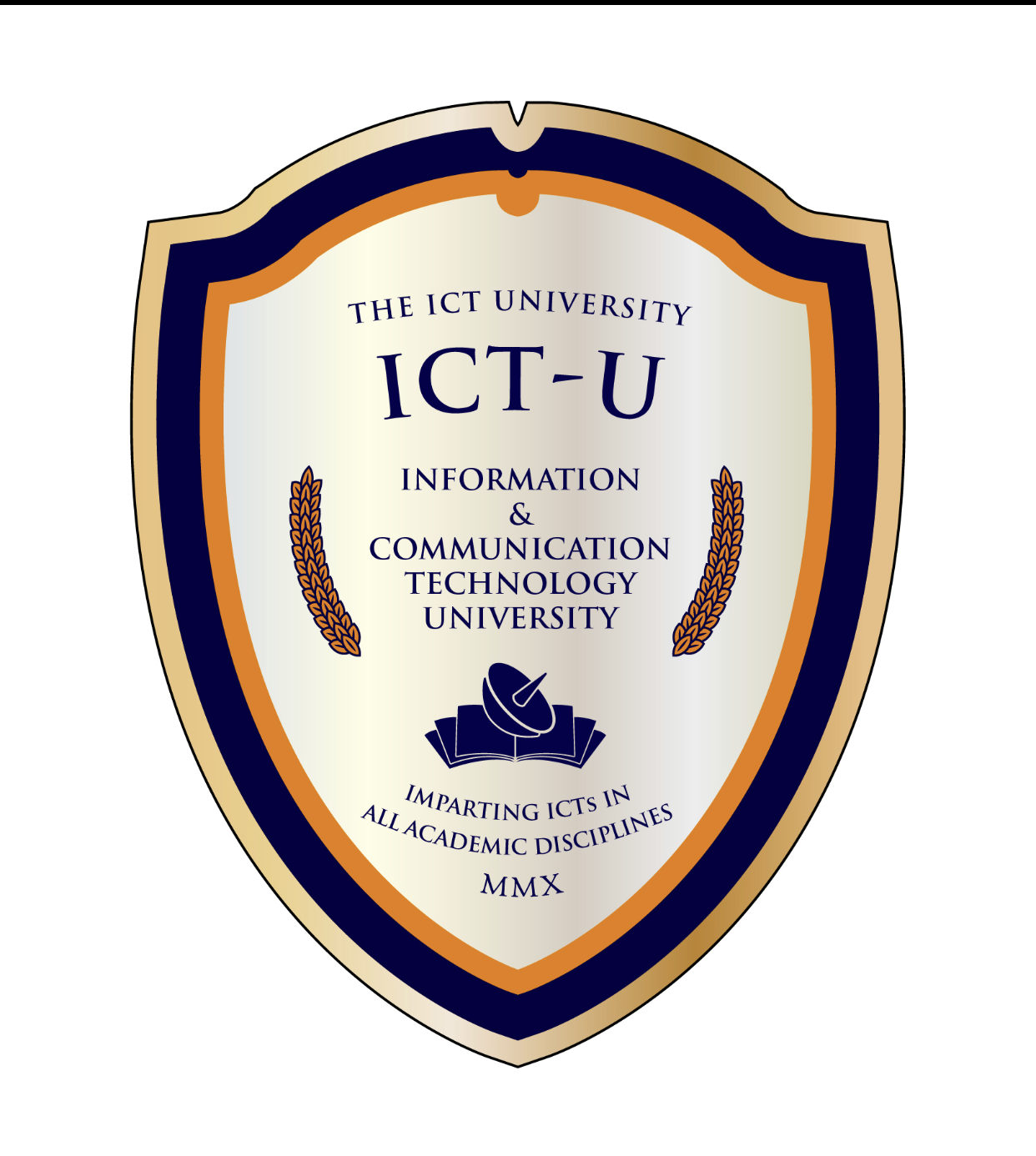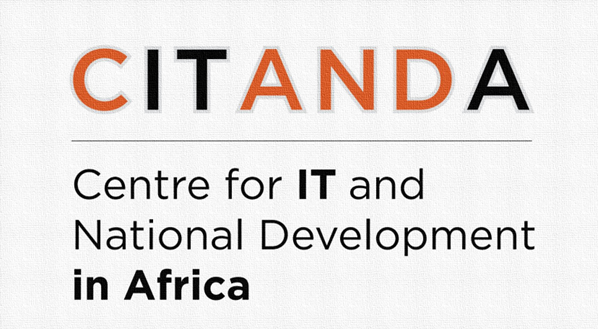Publication Date
7-1-2019
Abstract
This study was set to model Green eBusiness adoption among SMTEs in Tanzania, right from sourcing, operations, and to end-of-life-management. The study employed the use of Structural Equation Modeling (SEM) to analyze quantitative data collected from 240 respondents selected from 80 SMTEs in Dar es Salaam, Kilimanjaro, Arusha, and Zanzibar, who were in operations for at least three years. Although there were twelve hypotheses formulated, only seven hypotheses (with constructs Self-Efficacy, Effort Expectancy, Facilitating Conditions, Coercive Pressures, Intention to Use both to commitment and to Green eBusiness, and Commitment towards Green eBusiness adoption) were revealed significant. Others (with constructs Performance Expectancy, Organizational Support, Green Entrepreneurial Attitude, Normative Pressure, and Mimetic Pressure) were deemed insignificant and thus rejected. These findings imply that, if a firm is to adopt Green eBusiness, the technology behind it has to be easy to use, which inculcate an individual’s self efficacy to use Green eBusiness, drivers that influence Intention to Use. On the other hand, the presence of Facilitating Conditions is important to persuade the new adopters, while, the existence of Coercive Pressure is important in order to reinforce the “green” behaviors related to use of IT and E-Business in general.
Included in
Business Law, Public Responsibility, and Ethics Commons, E-Commerce Commons, Management Information Systems Commons, Technology and Innovation Commons, Tourism and Travel Commons


